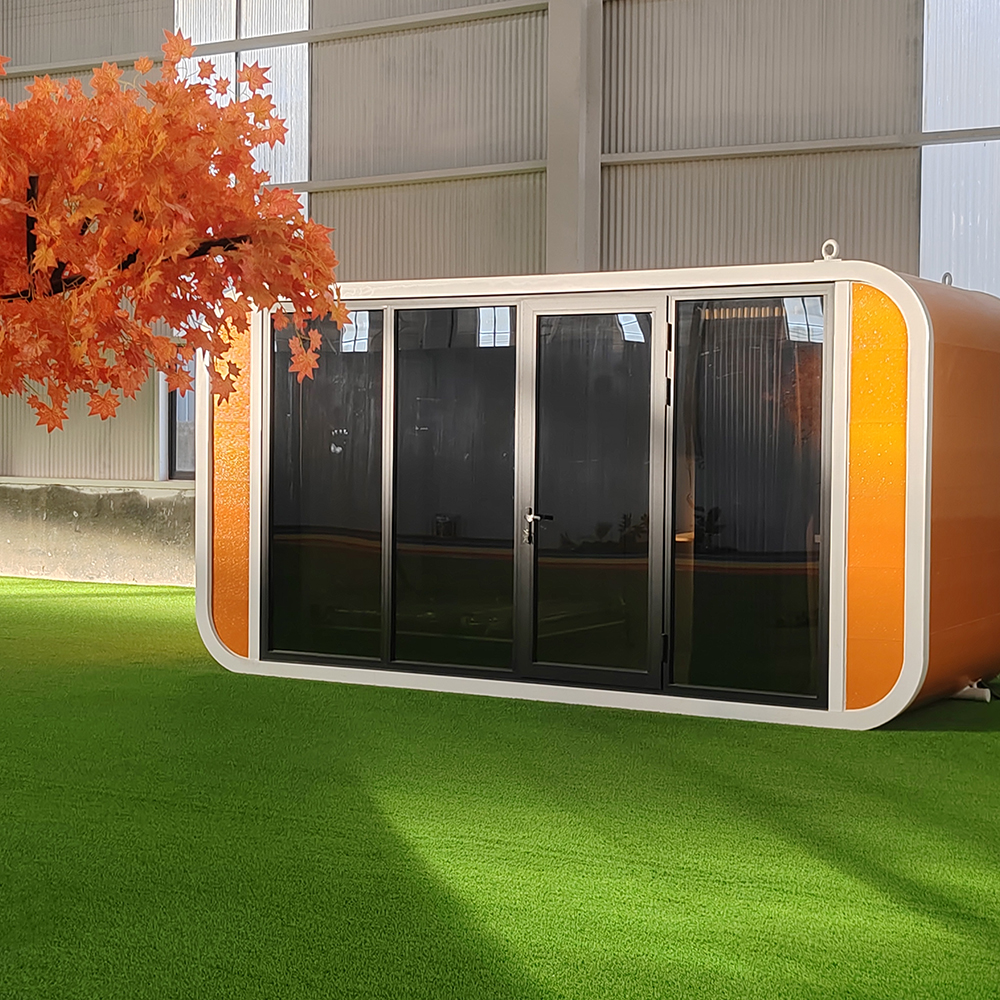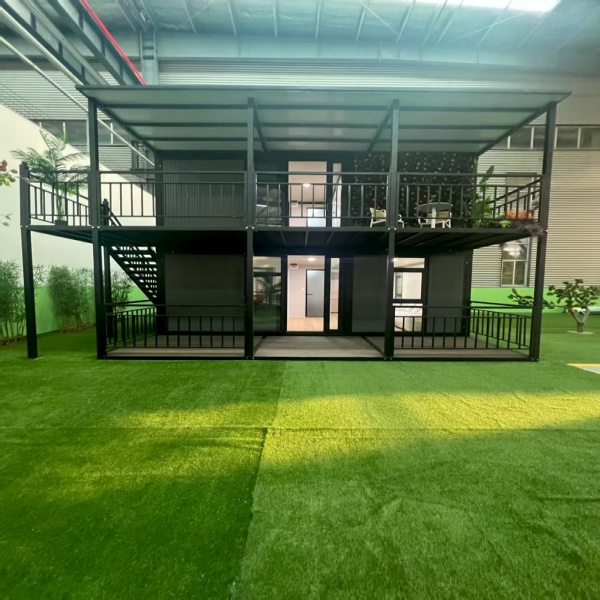-
E-mail
Austin120521@outlook.com -
E-mail
sales@jujiuhouse.com -
Telephone
+86-17864099991 -
Telephone
+86-17854044442
- Chinese
- French
- German
- Portuguese
- Spanish
- Russian
- Japanese
- Korean
- Arabic
- Irish
- Greek
- Turkish
- Italian
- Danish
- Romanian
- Indonesian
- Czech
- Afrikaans
- Swedish
- Polish
- Basque
- Catalan
- Esperanto
- Hindi
- Lao
- Albanian
- Amharic
- Armenian
- Azerbaijani
- Belarusian
- Bengali
- Bosnian
- Bulgarian
- Cebuano
- Chichewa
- Corsican
- Croatian
- Dutch
- Estonian
- Filipino
- Finnish
- Frisian
- Galician
- Georgian
- Gujarati
- Haitian
- Hausa
- Hawaiian
- Hebrew
- Hmong
- Hungarian
- Icelandic
- Igbo
- Javanese
- Kannada
- Kazakh
- Khmer
- Kurdish
- Kyrgyz
- Latin
- Latvian
- Lithuanian
- Luxembou..
- Macedonian
- Malagasy
- Malay
- Malayalam
- Maltese
- Maori
- Marathi
- Mongolian
- Burmese
- Nepali
- Norwegian
- Pashto
- Persian
- Punjabi
- Serbian
- Sesotho
- Sinhala
- Slovak
- Slovenian
- Somali
- Samoan
- Scots Gaelic
- Shona
- Sindhi
- Sundanese
- Swahili
- Tajik
- Tamil
- Telugu
- Thai
- Ukrainian
- Urdu
- Uzbek
- Vietnamese
- Welsh
- Xhosa
- Yiddish
- Yoruba
- Zulu
- Kinyarwanda
- Tatar
- Oriya
- Turkmen
- Uyghur

China folding caravan container house
Exploring the Versatility of China Folding Caravan Container Houses
In recent years, the concept of China folding caravan container house has steadily gained traction, particularly for practical travel enthusiasts and innovative home seekers. The modular design offers not just portability, but a flexibility in living arrangements that's hard to match. However, there's more to this trend than meets the eye, with various factors playing into its rise.
Understanding the Appeal
The primary allure of the China folding caravan container house lies in its adaptability. People love having the freedom to move without sacrificing the comforts of home. These structures can be expanded or collapsed based on immediate needs, making them incredibly versatile. Shandong Jujiu Integrated Housing Co., Ltd., an industry leader, has tapped into this demand by offering sophisticated, well-designed solutions. Visit their website at jujiuhouse.com for more insights.
However, it's essential to consider whether these houses really serve all their touted purposes. From my experience, one might initially overlook critical logistical aspects, such as insulation properties or the nuances of local regulations impacting the setup process. It's a balancing act between convenience and thorough preparedness.
The rise of companies like Shandong Jujiu reflects a mastery over these kinds of challenges. They don't just focus on packaging but have expanded into comprehensive solutions, covering everything from light steel villa construction to curtain wall engineering projects. This breadth of expertise reinforces the sustainability of the trend.
Navigating Practical Considerations
When it comes to practical use, several issues can arise that might not be immediately apparent. For example, dealing with internal temperature control during different seasons can be a learning curve. The materials play a critical role, and that's where partnerships with reliable suppliers come into play.
Further, the choice of materials impacts not only comfort but also durability. A poorly chosen material can lead to structural weaknesses, so looking at past performance with various vendors is crucial. Personally, I've found that direct observation and testing—like checking the robustness of the hinges or the sealing of windows—can prevent future headaches.
One must also assess the transportation logistics. Moving a China folding caravan container house from one site to another is another realm altogether. Shandong Jujiu offers streamlined processes and advice on this front, ensuring that the promise of portability isn't a mere gimmick.
Lessons from Deployment
Deploying a China folding caravan container house is an enlightening process. It’s not just about setting it up but also understanding how it integrates into its environment. Knowing how to best position and orient the structure to maximize natural light or minimize wind exposure can significantly enhance living quality.
In one application, a colleague utilized a clever angling of the unit to capture maximum morning light, reducing dependency on artificial heating. This kind of subtle optimization can make a big difference. Shandong Jujiu’s designs are created with these considerations in mind, so being open to adjusting initial plans is advantageous.
Another realization comes in the form of community response. While some neighbors might initially be wary of these ‘alternative’ homes, many have come around after seeing the functionality and eco-friendliness first-hand. Community education, therefore, becomes a subtle but important step.
Future Prospects
As we look to the future of the China folding caravan container house, the integration of smart home technology is a promising avenue. Imagine climate control, security, and even lighting, all optimized through an app. This could very well be the next leap.
Shandong Jujiu appears poised to explore these advancements, extending their reach from physical design into the realms of technological innovation. Their comprehensive approach hints at exciting developments on the horizon.
It's a dynamic landscape that calls for open-mindedness and adaptability. Whether you're considering investing in one of these homes or working in the industry, remaining informed and reflective about real-world applications—as opposed to theoretical appeal—will be key to success.
Related products
Related products
Best selling products
Best selling products-
 Movable Prefabricated Container House Villas Modular Portable Homes 1 Bedroom Container House Offices Apartments
Movable Prefabricated Container House Villas Modular Portable Homes 1 Bedroom Container House Offices Apartments -
 High-quality Double-wing Folding Container House with Doors and Windows, Insulated Walls, Suitable for Various Scenarios.
High-quality Double-wing Folding Container House with Doors and Windows, Insulated Walls, Suitable for Various Scenarios. -
 Customized Two Wing Folding Expandable Container House
Customized Two Wing Folding Expandable Container House -
 Dual-Wing Folding Container House: Fast Assembly, Space-Saving & Multi-Scene Adaptable
Dual-Wing Folding Container House: Fast Assembly, Space-Saving & Multi-Scene Adaptable -
 Reasonable Price 1 Bedroom Modular Container House Folding Container Home for Villa or Apartment Use
Reasonable Price 1 Bedroom Modular Container House Folding Container Home for Villa or Apartment Use -
 Waterproof folding container house – mobile accommodation for campsites/scenic spots
Waterproof folding container house – mobile accommodation for campsites/scenic spots -
 The foldable container house with side wing design can be quickly set up and is suitable for various environments.
The foldable container house with side wing design can be quickly set up and is suitable for various environments. -
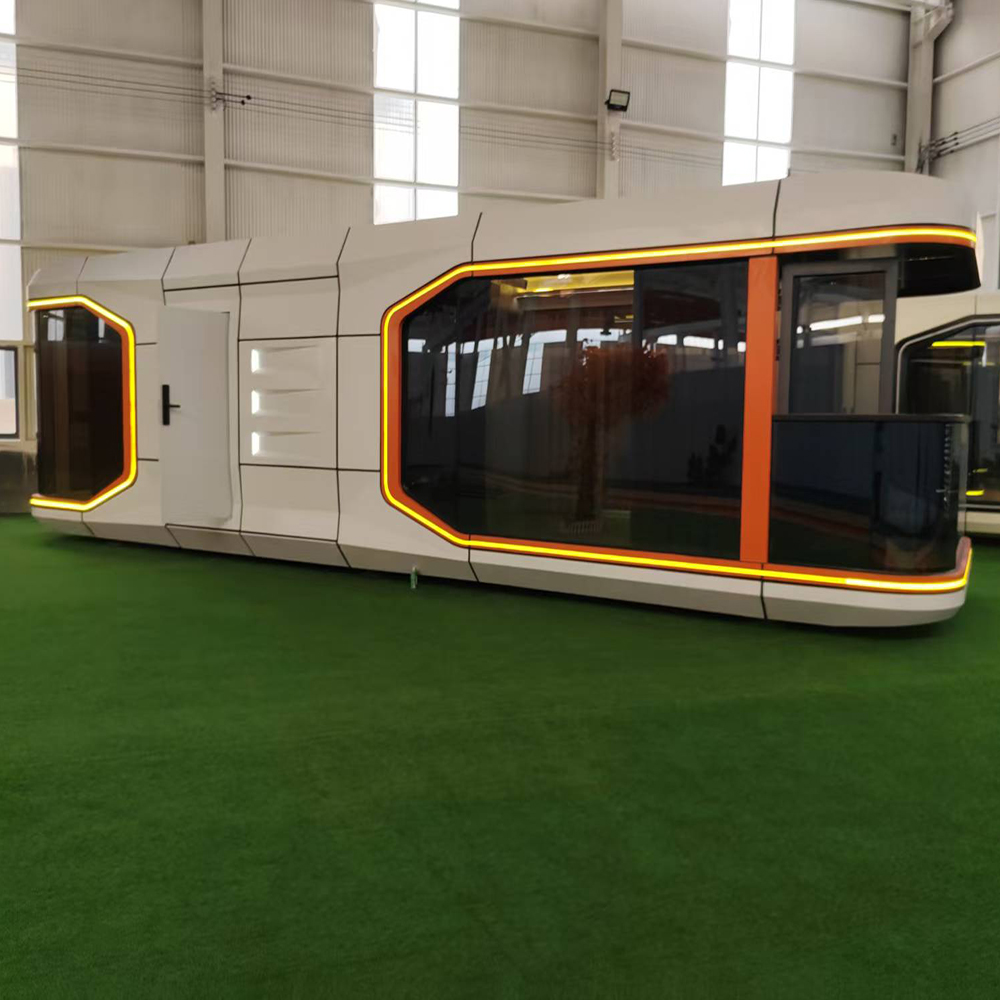 Standard Modern Camping Pod Space Prefabricated Portable Mobile Capsule Room Hotel Bathroom Prefabricated Spaceship House
Standard Modern Camping Pod Space Prefabricated Portable Mobile Capsule Room Hotel Bathroom Prefabricated Spaceship House -
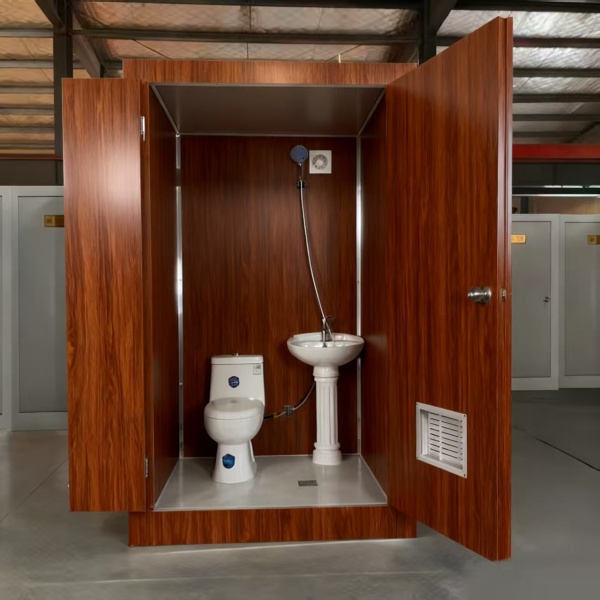 Portable outdoor camping bathroom, mobile toilet, prefabricated modular villa & rental of outdoor and indoor showers
Portable outdoor camping bathroom, mobile toilet, prefabricated modular villa & rental of outdoor and indoor showers -
 A container house with a terrace and double-wing folding design, suitable for various purposes such as offices, meeting rooms, living rooms, etc.
A container house with a terrace and double-wing folding design, suitable for various purposes such as offices, meeting rooms, living rooms, etc. -
Two Wing Folding Expandable Container House
-
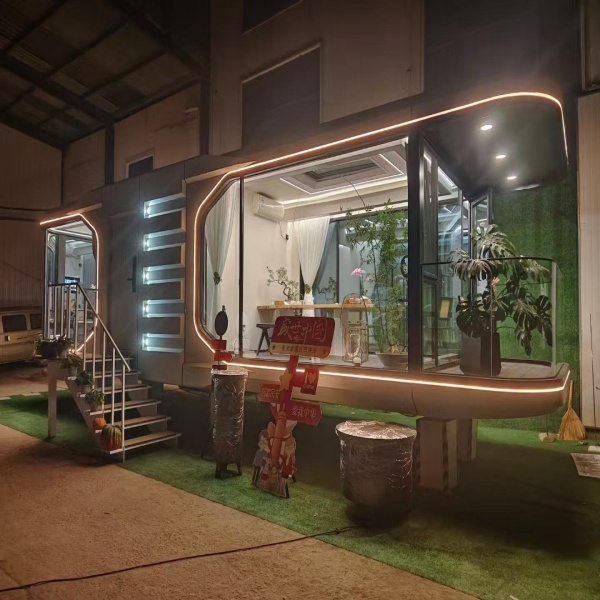 Outdoor ecological capsule rooms, luxury pods, space capsule hotel rooms, prefabricated space capsules, container houses
Outdoor ecological capsule rooms, luxury pods, space capsule hotel rooms, prefabricated space capsules, container houses
Related search
Related search- China fold out container homes for sale
- container homes fold out
- China foldable container house
- Buy folding house container home
- China modern space capsule
- red apple cabin
- China expandable container house with ensuite
- container house prefabricated
- Buy fold out shipping container homes
- China prefab cabin container house









